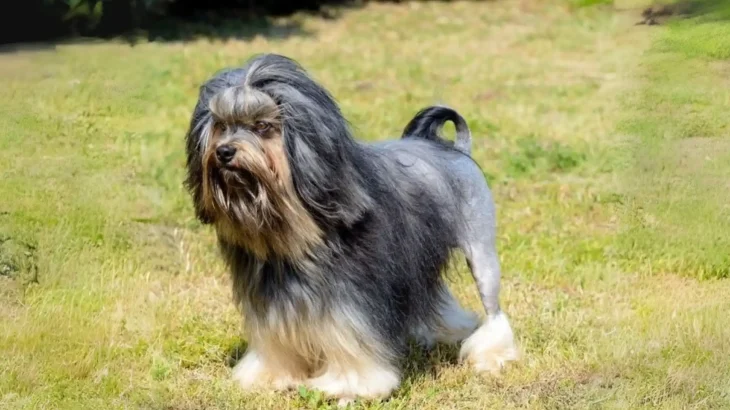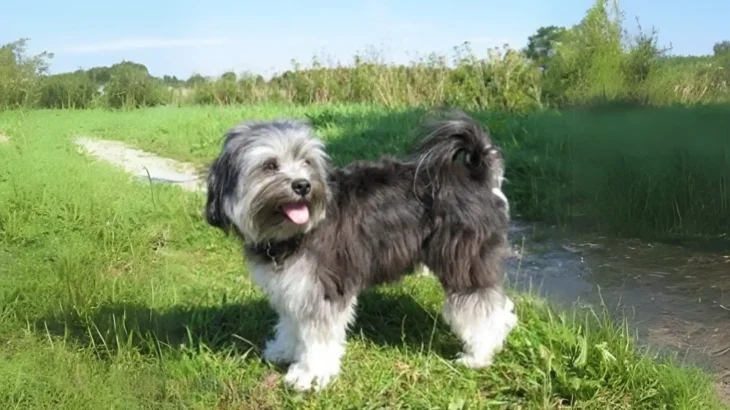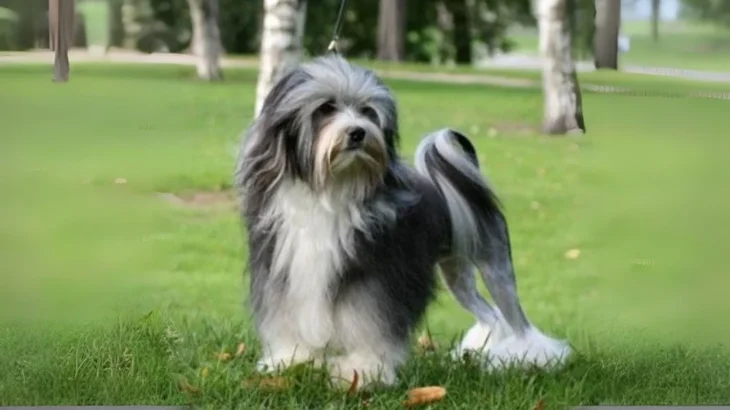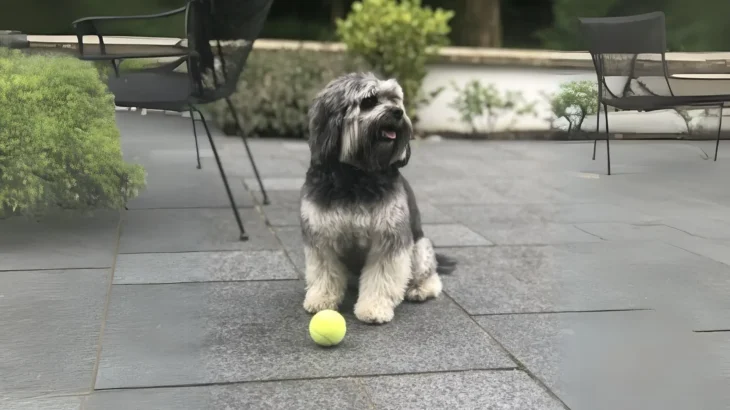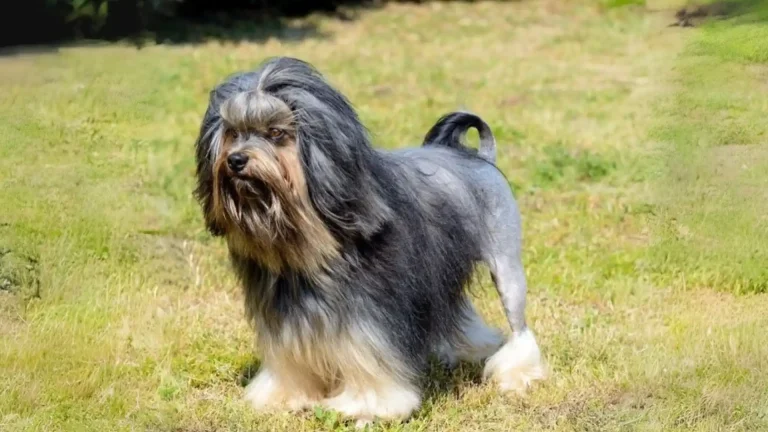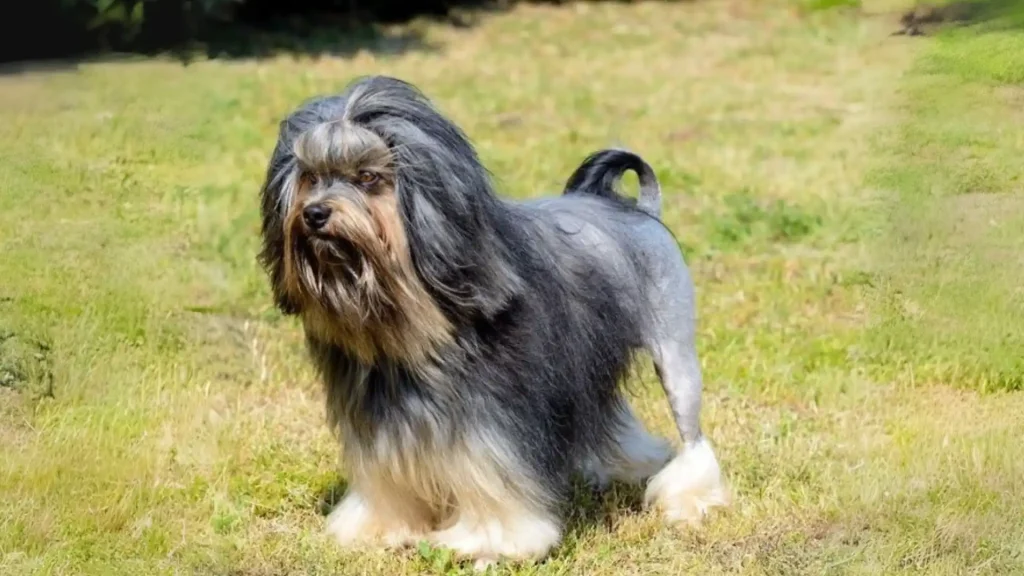Deciding between adopting or buying a Löwchen puppy depends on factors like health transparency, cost, and breed purity. Buying from a breeder usually offers detailed health histories and pedigree information, while adoption is a loving choice that supports animal welfare but may have less certainty about the puppy's background.
Here's a simple comparison of adoption versus buying from a breeder:
| Criteria | Buying from Breeder | Adopting from Shelter/Rescue |
|---|---|---|
| Cost | Higher, reflecting purebred status and breeder care. | Lower fees, often covering initial medical care and vaccines. |
| Health History | Comprehensive health screenings and certificates. | Health history may be limited; basic checks usually done. |
| Age Availability | Mostly puppies, letting you raise them young. | Various ages, including adults and seniors. |
| Temperament Insight | Breeders can provide info on parents' behavior and lineage. | Shelter staff share observed behavior but may lack full background. |
| Ethical Considerations | Supports responsible, reputable breeding. | Gives a home to dogs in need, reducing shelter populations. |
| Breed Purity & Pedigree | Purebred with documented pedigree. | Breed purity uncertain, less focus on pedigree. |

